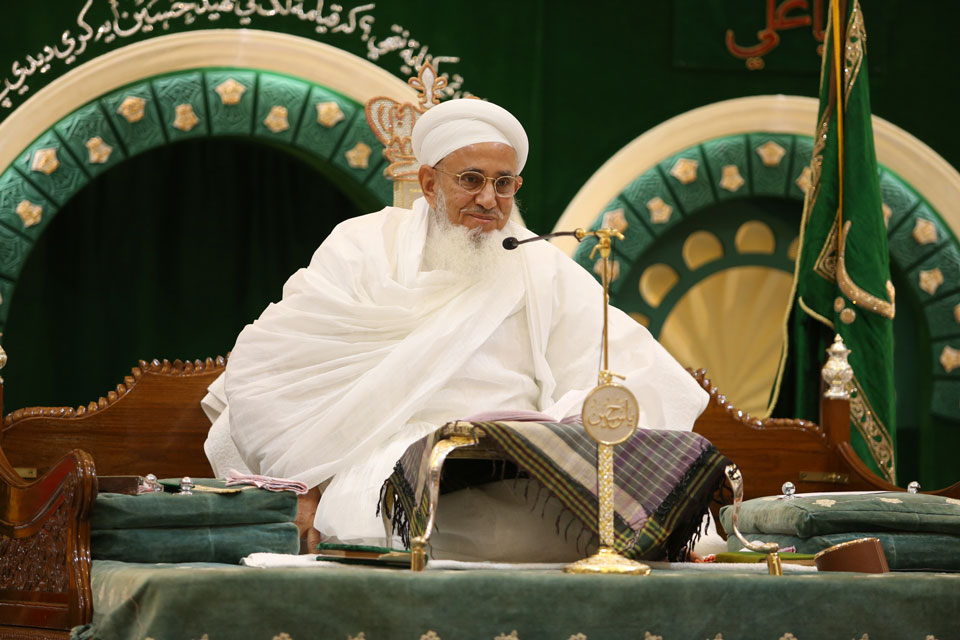On June 6, 2016, Syedna Mufaddal Saifuddin officially released a public statement to the press clarifying his stance on the issue of female genital cutting (khatna/khafz) in the Dawoodi Bohra community.
Since February, several Bohra jamaats in countries like Australia, UK, USA and Canada – where female genital cutting is illegal – have issued resolution letters asking Bohras to follow the laws of the land and stop practicing khafz. According to Syedna’s statement, these resolution letters are still valid despite his sermon in Mumbai that seemed to indicate the contrary. (Read Sahiyo’s response to that sermon here.)
However, Syedna’s statement also categorically promotes khafz for Bohras in general:
“Male and female circumcision (called khatna and khafz respectively) are religious rites that have been practiced by Dawoodi Bohras throughout their history. Religious books, written over a thousand years ago, specify the requirements for both males and females as acts of religious purity. This religious obligation finds an echo in many other Muslim communities, particularly those following the Sunni Shafi’i school of thought.”
Here is Sahiyo’s official statement in response to Syedna’s stand on khatna:
“We thank Syedna Mufaddal Saifuddin for officially and publicly speaking on the issue of female genital cutting, since there has been so much silence and confusion on this issue for so long. We are pleased to know that the resolutions issued in several cities around the world, asking Bohra residents to stop practicing khafz, still stand as valid. While we are pleased that the resolutions will continue to be issued in countries where female genital cutting is illegal, we are saddened to see that the Syedna’s statement clearly promotes the practice of khafz in countries where such laws are yet to be passed. We are one community, and we are disappointed that Bohra girls in some parts of the world are still expected to be cut.
We maintain that khafz is a form of gender violence, an unnecessary ritual that has left many Bohra girls and women with life-long psychological and physical scars. The World Health Organisation defines female genital cutting as ‘all procedures that involve partial or total removal of the external female genitalia, or other injury to the female genital organs for non-medical reasons’, and khafz clearly falls within that definition. Several conventions of the United Nations, including CEDAW, UNFPA, UNDP and Unicef have declared FGC to be a violation of human and child rights. Countries like India, even though they may not have a specific law against FGC, are signatories to these conventions.
We will continue our campaign to bring an end to this practice of khafz within the community. We urge our leader to engage with Bohra women who have been negatively impacted by this practice and pay heed to our voices.”

